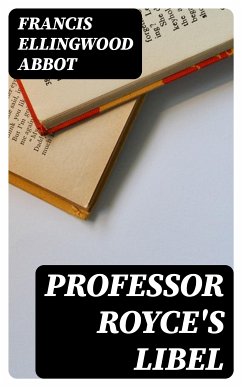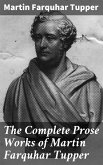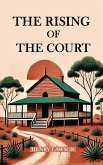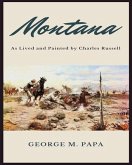In "Professor Royce's Libel," Francis Ellingwood Abbot engages readers with a robust critique of philosophical idealism, particularly targeting the ideas presented by the eminent philosopher Josiah Royce. Abbot employs a rigorous and polemical literary style, deftly intertwining philosophical analysis with eloquent prose to dissect Royce's arguments. This text serves as both a philosophical rebuttal and a comprehensive exploration of the intellectual currents of late 19th-century America, where themes of individualism and truth were profoundly contested. Through Abbot's incisive arguments, the book captures the tension between emerging pragmatism and established idealism, inviting readers to reconsider the foundational principles of philosophy itself. Abbot, a contemporary of Royce, was not only a philosopher but also a Unitarian minister, whose diverse intellectual background greatly influenced his writing. Having wrestled with various philosophical ideologies, Abbot sought to advocate for a pragmatic approach that resonated with the evolving American thought landscape. His critical stance, shaped by personal convictions and an advocacy for rationality, reflects a broader quest for meaning in an era marked by rapid change and the rise of different philosophical doctrines. This book is a must-read for students of philosophy and anyone interested in the tensions between idealism and pragmatism. Abbot's articulate defense of his position not only dissects Royce's views but also contributes significantly to the larger discourse on truth and reason. Readers will find themselves enriched by Abbot's insights, encouraging a deeper exploration of their own philosophical beliefs and the implications these ideas hold in contemporary thought.
Dieser Download kann aus rechtlichen Gründen nur mit Rechnungsadresse in A, B, BG, CY, CZ, D, DK, EW, E, FIN, F, GR, H, IRL, I, LT, L, LR, M, NL, PL, P, R, S, SLO, SK ausgeliefert werden.









